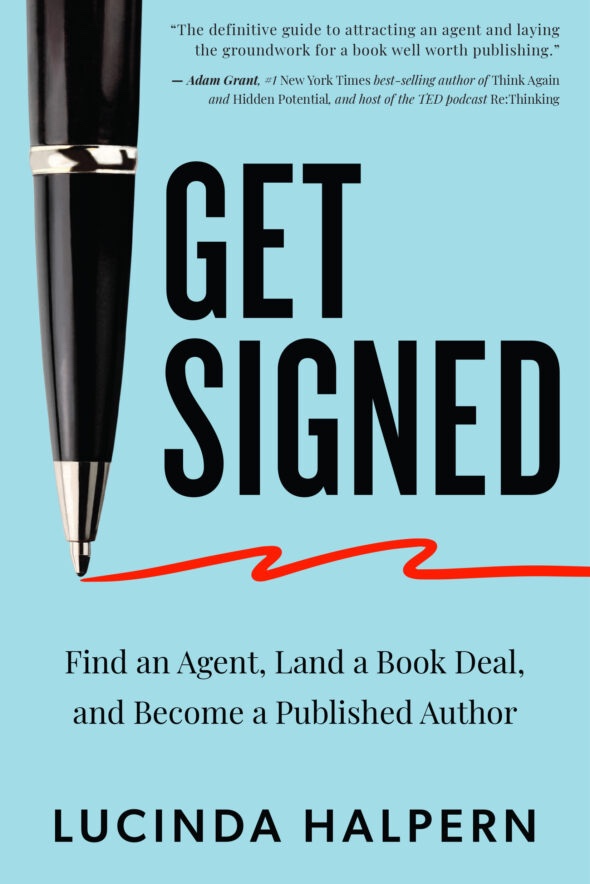Search
Tip for Debut Authors: Write for the Reader
One of the most essential writing tips for debut authors is to stop writing solely for yourself—and start writing for the reader.
It sounds simple, but it’s one of the most overlooked techniques in narrative writing.
When you’ve lived the experience—or imagined it so vividly—it’s easy to assume your readers understand what you mean. But they don’t know your backstory. They haven’t walked your path. They don’t feel the emotional stakes unless you guide them to.
And if your story feels inaccessible—if it assumes too much or lacks clarity—it can alienate the very audience you hoped to inspire.
Why Reader-Centered Writing Matters
In creating Get Signed, I learned this firsthand. Working with my brilliant editor Lisa Cheng and collaborator Liz Morrow taught me how often I was writing from my own head—not for the reader’s experience.
That shift—toward writing for the reader—changed everything.
Whether you’re writing a memoir, a novel, or narrative nonfiction, your job is to walk your audience through your world step by step. A strong narrative doesn’t just showcase your story—it invites others into it.
✨Adopt a Beginner’s Mindset
This mindset is the foundation of writing for the reader.
When I coach authors at Lucinda Literary, we start by slowing down. We add context, strengthen voice, and ensure emotional stakes resonate on the page. The most transformative manuscripts emerge when writers consider the reader at every stage.
A valuable writing tip for debut authors is to start by asking yourself:
-
What am I assuming the reader already knows?
-
Have I earned the emotional payoff in this scene?
-
How can I bring the reader in more gently?
Even a single sentence of context or a brief moment of reflection can transform a confusing section into a compelling one.
Quick Exercise: Revise for the Reader
Take one scene or chapter and revise with this mindset:
🔍 Where am I writing for myself, not the reader?
✍️ What clarifying detail or emotional cue would make the moment land stronger?
This is the heart of writing for the reader—and it’s the kind of work that elevates your manuscript and sets it apart with agents and publishers.
Need Help Writing for the Reader?
Whether you’re refining a first draft or polishing a final manuscript, we’re here to help.
Our coaching services are designed to help you clarify your story, connect with your audience, and take the next step toward publication.








